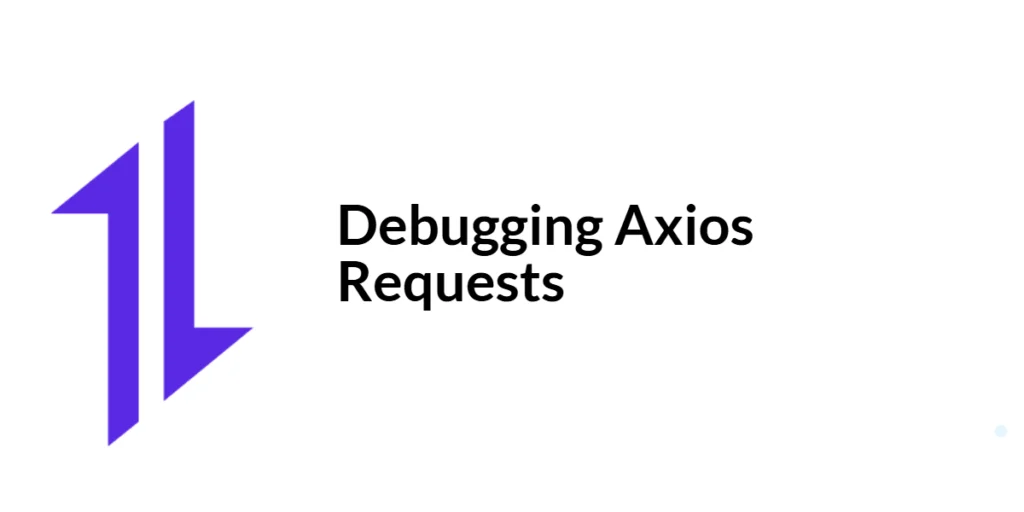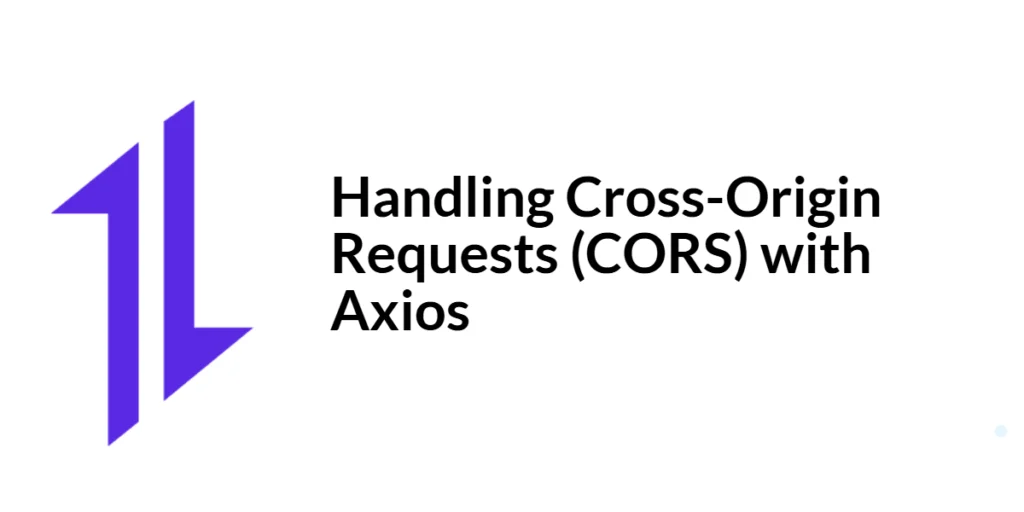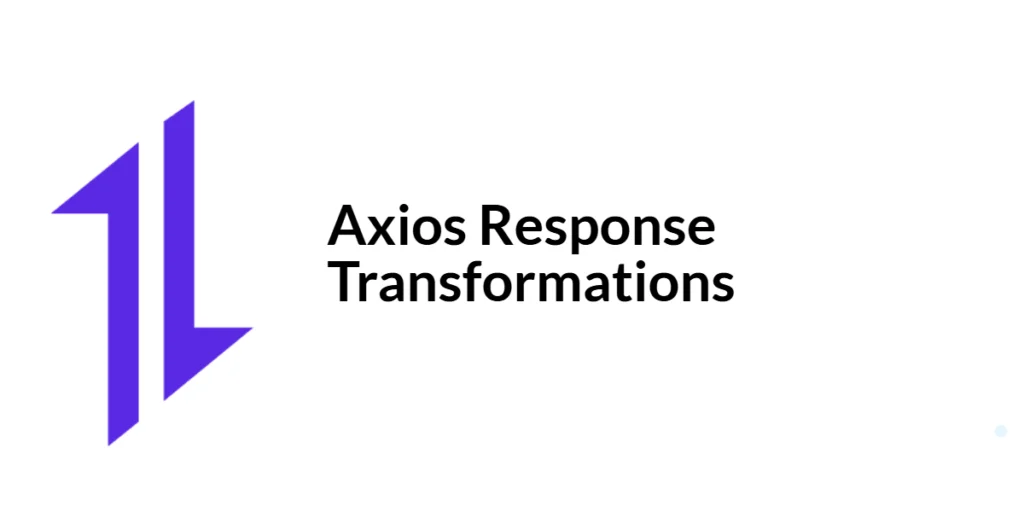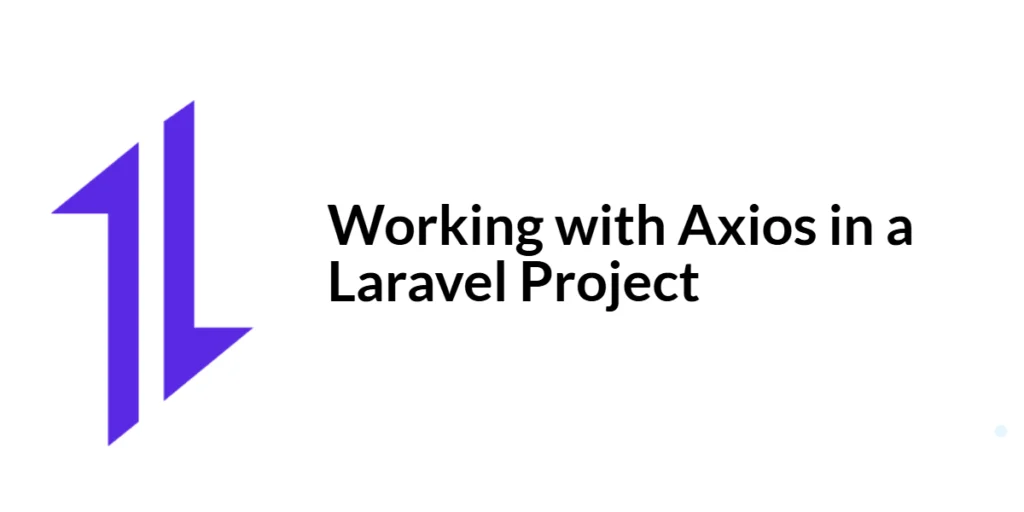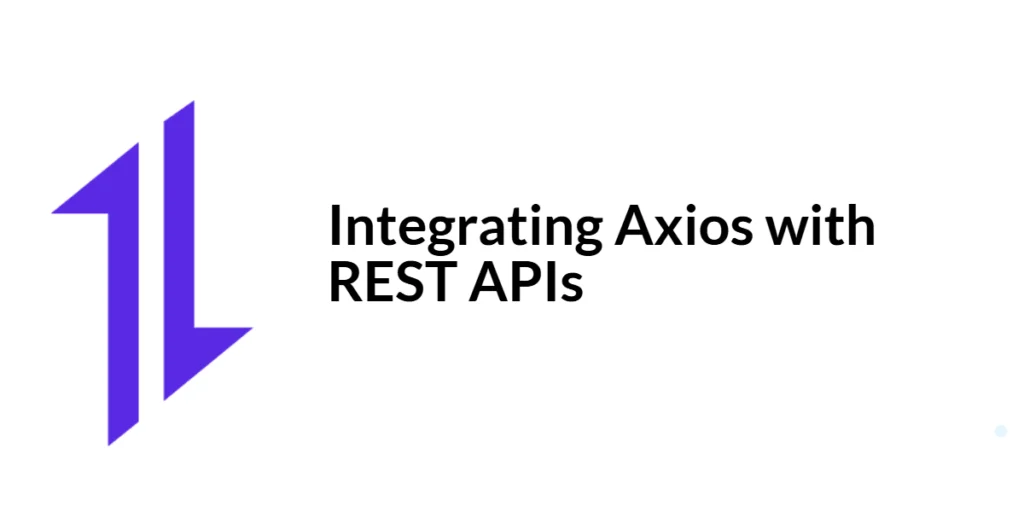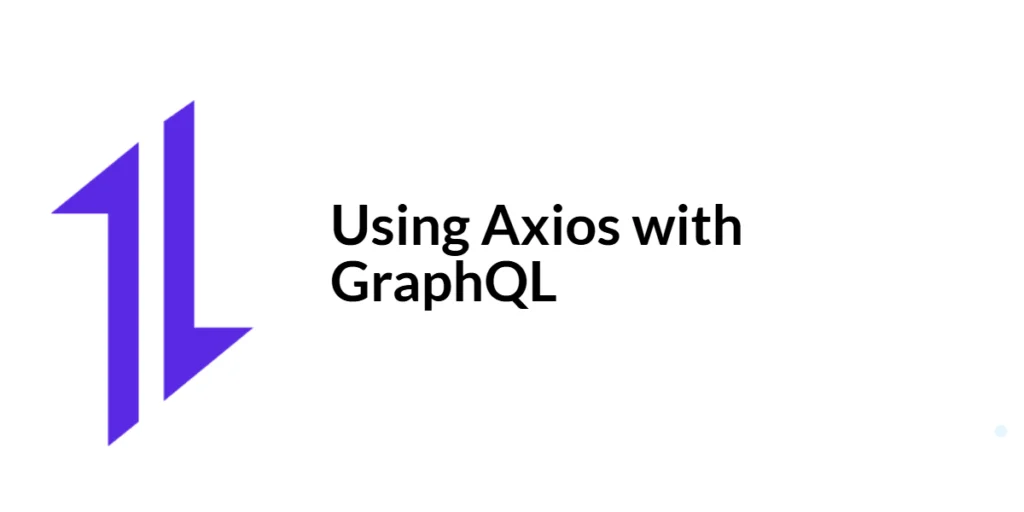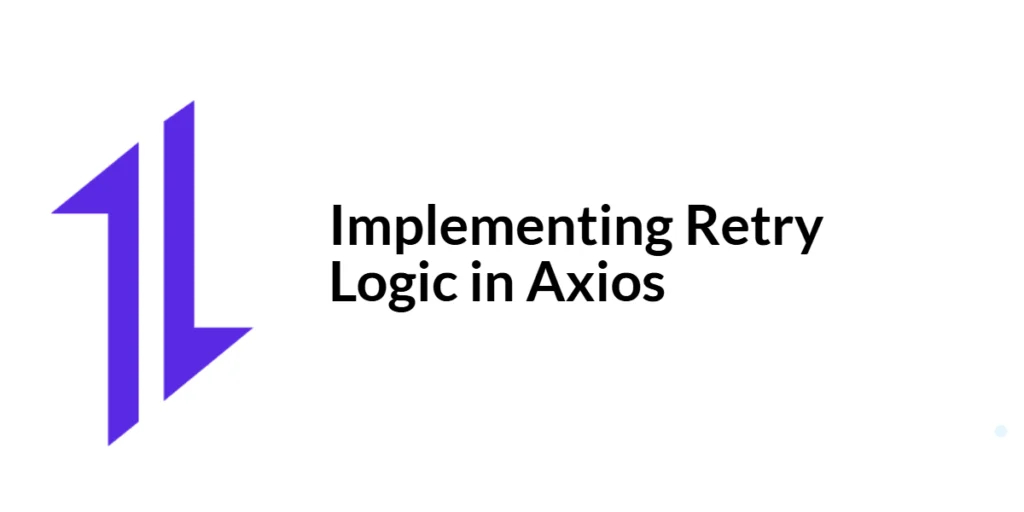Building a Weather App with Axios
Building a weather app is a great way to learn about API integration and data handling in web development. In this article, we will create a weather app using Axios, a popular promise-based HTTP client for JavaScript. Axios makes it easy to fetch data from APIs, handle responses, and manage errors, which are crucial aspects […]
Building a Weather App with Axios Read More »

